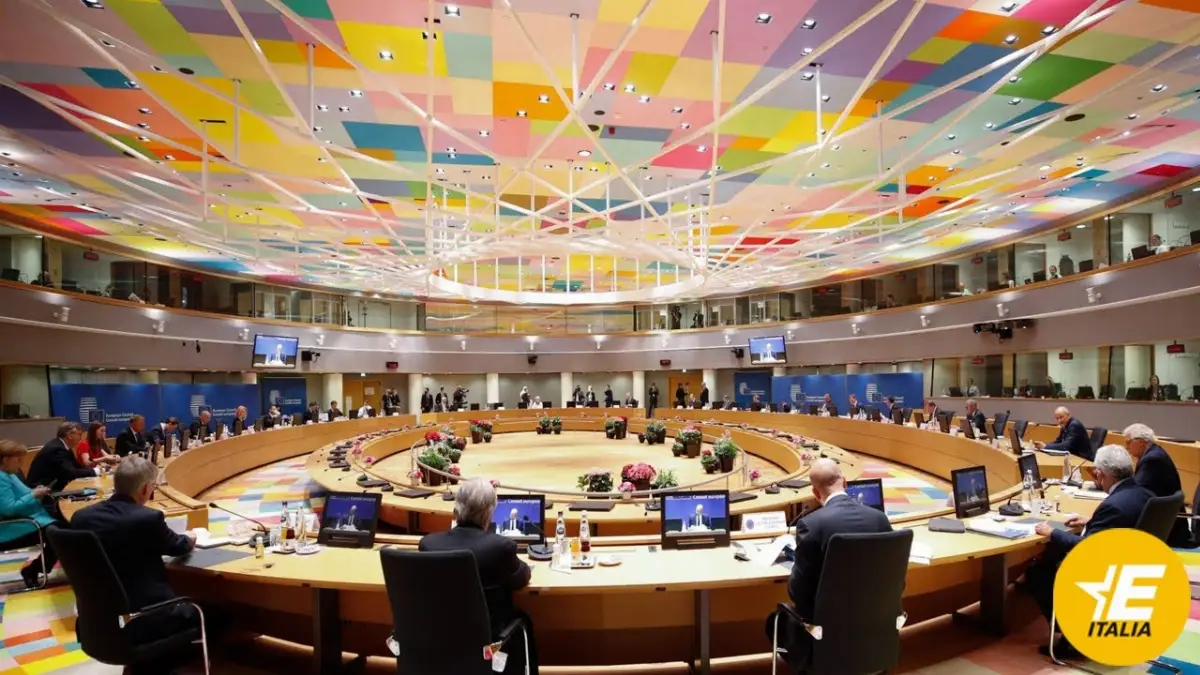
Do you want to access to this and other private contents?
Log in if you are a subscriber or click here to request service
EU Council: ministers unanimous on the "sustainable" role of rural areas
Commission invited to carry out monitoring to evaluate funding from Brussels

The European Council this afternoon approved conclusions on a long-term vision for rural areas in the European Union, providing policy guidance to the Commission and Member States aimed at further promoting the prosperity, resilience and social fabric of rural areas and of rural communities.The set of conclusions, approved unanimously by EU agriculture ministers, recognizes the key contributions made...
lml - 36072
EFA News - European Food Agency
EFA News - European Food Agency